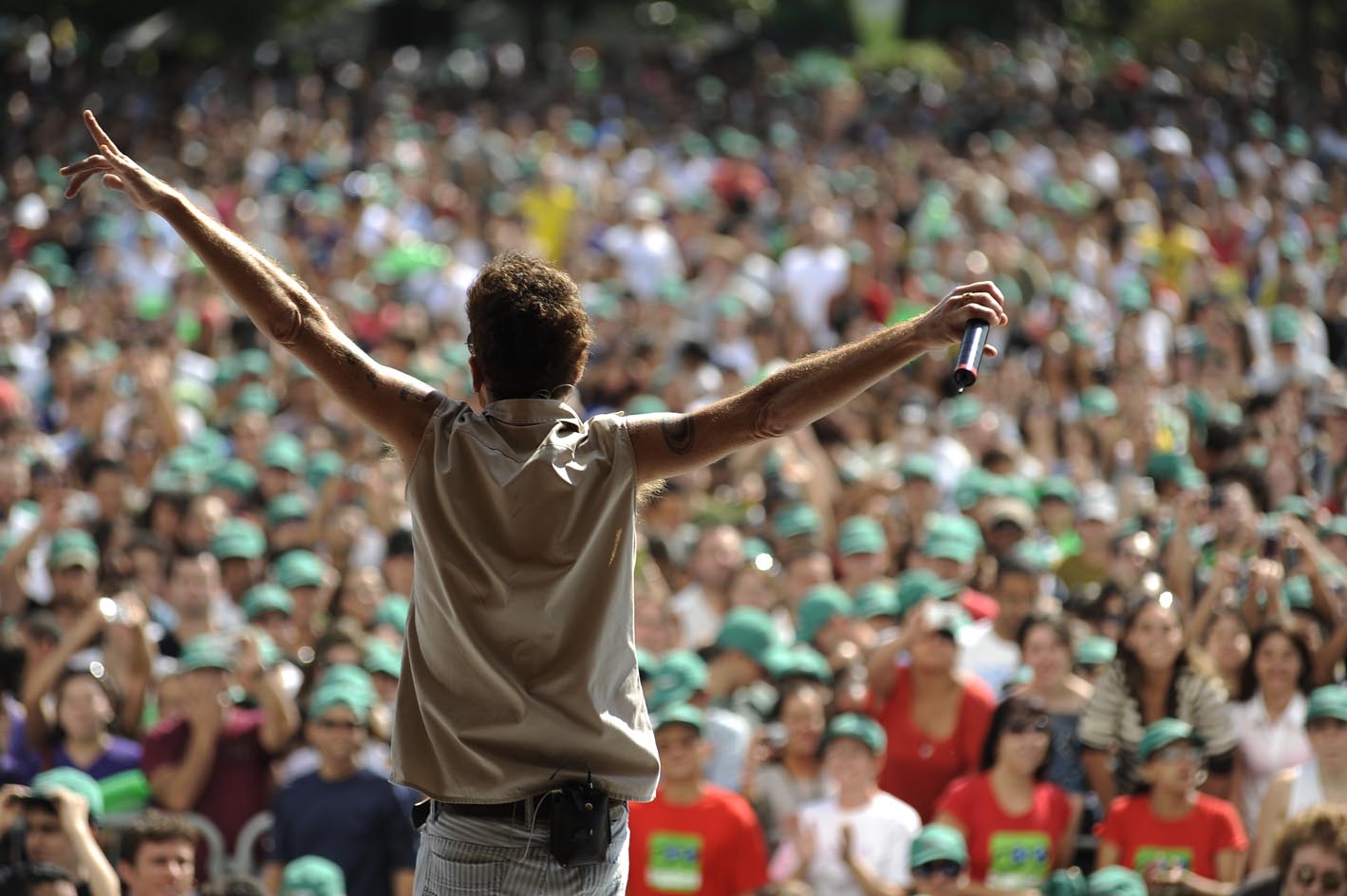According to research, multi-tasking is far less efficient than people who focus on a single task. Really, what we should be doing is focusing.
I am a firm believer in focusing but have to admit to being a recovering multi-tasker. It’s not that I actually want to multi-task or even that I think it’s a good idea; no I have a racing mind and at times I find it hard to stop the incessant flow of things I need to do.
In one day I can start half a dozen articles, work on a chapter for my book, write proposals, create new product ideas, but finish none of these tasks. I end up with a collection of half-finished pieces of work.
If I could dump the contents of my brain into text, I probably would get 100 times more things done. However, the process of transmitting information from brain to paper, and then editing, is far too slow.
The multi-tasker can be identified by the dozens of open windows, applications and web browsers on its computer.
Right now, on my computer, I have eight tabs on my web browser: two Gmail account pages, a Facebook page, my coach’s page, my own website for an event I’m working on, Fiverr for a little job I need to delegate and LinkedIn as I needed to delegate something. I need all these pages, I justify to myself, so I don’t forget to do them, but, if I’m not careful, I could end up with 20 tabs and a slow computer.
Ok that doesn’t so bad so far. That was just the web browser, I forget to mention I also have open: Evernote MS PowerPoint, Excel and Word which all contain stuff I’m working on. Ok there aren’t that many windows compared to some of my clients, but still more than I need to have open at one time.
In addition, my oven is beeping for me to check on the food I put in 20 minutes ago and I have a Facebook message on one of the tabs that is calling for my attention. I am resisting the urge to check it.
I rave to my clients about focusing, it is an important ability to cultivate but not necessarily easy to gain. Training yourself to focus often feels like a two steps forward one step back dance.
How to cure Multi-Tasking in 9 easy steps
So here are my tips that I find useful.
- Keep the minimum amount of applications and web tabs open at any time on your computer. As soon as you have finished with a program or a tab in your web browser, close it. If you haven’t trained yourself to close programs automatically, periodically review what you have open and close them.
- Turn off the alerts on your phone. Smart phones are the worst culprits for engendering distraction. I find the more attention I spend on my smart phone, the more I undo the focus that I’d developed. I believe Smartphone use over time trains your brain to want more distraction. Like the Pavlovian dog salivates at the sound of the bell, constantly interrupting yourself builds up the habit of expecting interruption.
- When working, keep your smartphone just out of reach so that you have to get up and walk over to check it. It will make you think twice about checking it and makes the unconscious habit of reaching for the phone conscious.
- Keep a pad by your side. When your mind is active and wants to multi-task. You will want to be pulled in this direction. Use the pad to write down everything that comes to mind. Capturing it on paper lets your mind rest and lets you know that you can come back to this at any time.
- Have a focus list of no more than three things you want to accomplish for the day. In my book, “The Energy Equation”, I say no to-do lists. To-do lists are designed for the busy, not the productive. Schedule everything you need to do in a diary. A focus list of your three priorities for the day serves to refocus your attention any time your mind wanders off, or you lose sight of why you are doing what you are doing.
- Turn off WiFi. When I’m not using the internet and I need to concentrate, I turn off my WiFi; this interrupts my automatic pull to message people on Facebook, fact check on Google and any other whim my mind comes up with.
- Meditation. Meditation has been scientifically proven to strengthen the frontal lobe which is the area of the brain that is responsible for focus. The more that you practice meditation, the more your brain hardwires itself for focus – so the more you practice meditation, the more your ability to focus and concentrate will increase.
- Listen to meditative music. Listening to meditative music slows down your brain activity and puts it into the alpha state. A state for focus and concentration. Multi-taskers’ brains are in the high beta, which is associated with high brain activity and stress.
- Have Tech Sabbath days. As the brain is neuroplastic, the more you allow your brain to be distracted, the more you increase the habit. By having a Tech Sabbath – 24 hours without technology – you interrupt this process and allow your brain to normalise. Spend time with family and time in nature.
All of these tips are about interrupting the unconscious urge to switch from task to task and bringing this urge back into conscious awareness. When you are conscious of your switching habit you then have the choice to refocus. This is the way to build focus.
For more information or to get a copy of my meditation music go to www.energyequationbook.com






Leave A Comment
You must be logged in to post a comment.